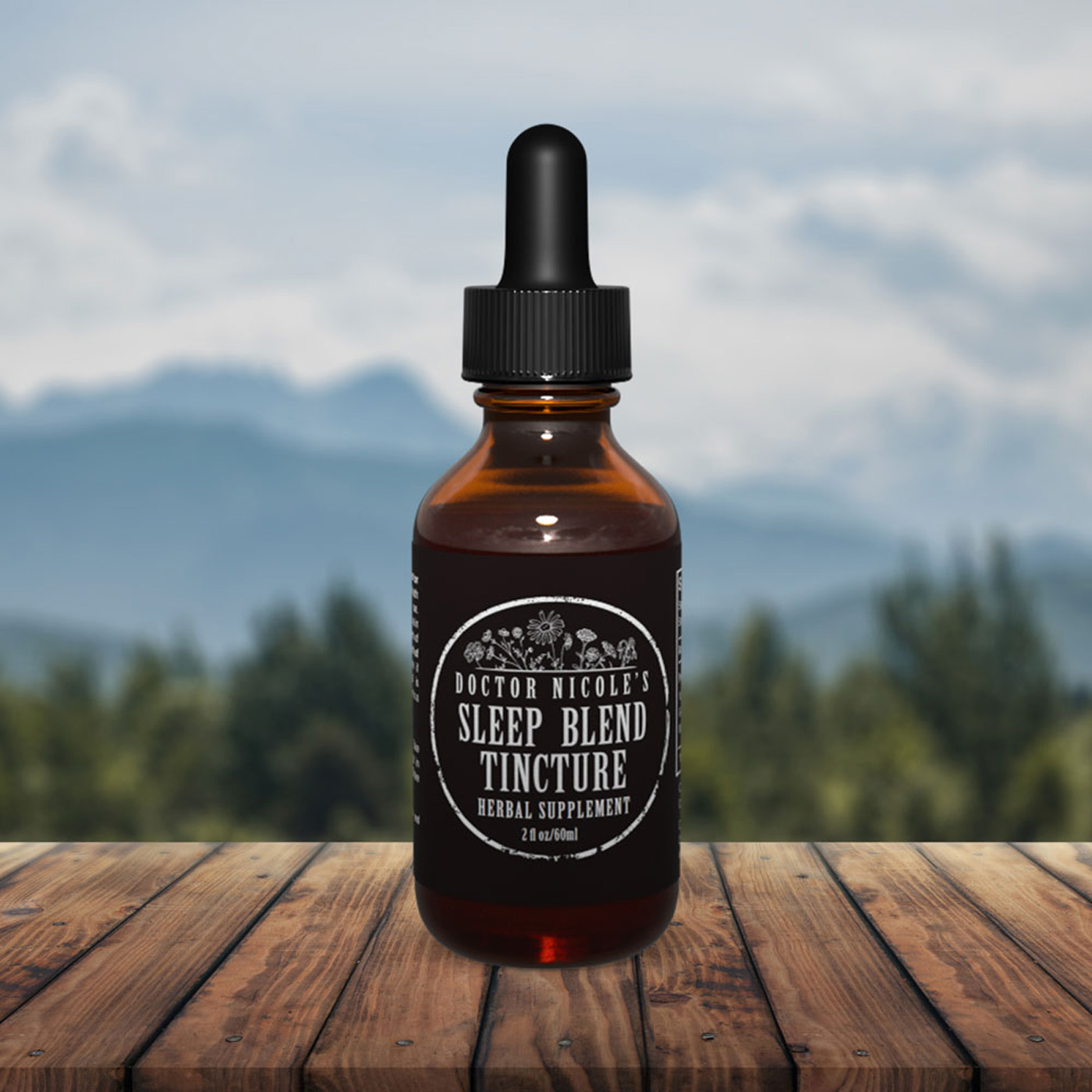Aging, Alzheimer’s, and Overactive Neurons
While many researchers believe aging is simply a process of the body gradually wearing out where metabolic activity is less efficient, neurons slow down, and DNA replication does not function as it once did, some suspect that the process is occurring at a cellular and biochemical level. A recent study may have confirmed this theory. The researchers found that activities of neurons in the brain play a significant role in determining lifespan. The key lies in a protein called REST that not only controls the activity of genes associated with neural firing, but also controls longevity. It may also contribute to whether or not a person develops Alzheimer’s.

Why We Need Plenty of REST
A fascinating study published in the journal Nature discovered that by boosting REST, they were able to extend the lifespan in animals by calming neuronal firing and creating more control.2 The team established that neural excitation tends to increase as we age, but if this activity is inhibited throughout the brain — or in the glutamatergic or cholinergic neurons, longevity increased.
REST is a protein that is known to turn genes off and is mainly associated with fetal brain development — it subdues neuronal genes until the young brain is ready for them to become active. But back in 2014, Bruce Yankner, a professor of genetics and neurology at Harvard Medical School, and his team discovered this isn’t the only time REST is active — it is also reactivated in the aging brain.
What’s more, the team found that patients with neurodegenerative diseases like dementia and Alzheimer’s had significantly lower levels of REST.3,4,5 Interestingly, adequate levels of this regulating protein appeared to protect the aging brain against oxidative stress and the symptoms and neuronal damage of Alzheimer’s — even when Alzheimer’s pathology was present. In light of these findings, Yankner and his colleagues suspect that a lack of REST may be a major contributor to the development of neurodegenerative diseases.
REST is specifically known to inhibit the production of proteins and channels in the brain that excite the firing of neurons. In the 2019 Nature study, the team found that long-lived humans have significantly lower levels of these excitatory proteins compared to those who died at a much younger age. Their finding suggests that those who have enjoyed an exceptionally long life have most likely had less neural firing.
To test their theory, the researchers gave roundworms drugs that inhibited excitation. The result? It extended their lifespans.Then, when they genetically manipulated the suppressed inhibition, the reverse happened. The team also examined if lab animals without REST experienced more neural firing and decreased longevity. What they found is that the brains of elderly mice without REST had a slew of overexcited neurons, which translated into a shorter lifespan.
This study suggests that neuronal overactivity is generally unhealthy and may damage neurons over time, leading to overall shortened lifespan. It also indicates that aging may, at its root, involve a loss of equilibrium and homeostasis.

How to Support a Healthy Brain — My Top Tips!
If you would like to boost REST levels and longevity, while protecting the brain, we can take a cue from the longest lived people on the planet: Blue Zone populations. They eat a largely whole food, plant-based diet, get plenty of exercise, encourage spiritual and social connection, and enjoy deep, rejuvenating sleep each night. Importantly, they cultivate a serene, stress-free rhythm to their day. You can learn more about these incredible people and their lifestyle here.
Additionally, I have found that practicing gratitude, spending time in nature, unplugging, and laughter also support equilibrium, a sharp mind, and overall health. GABA/Glutamate balance in the brain is also crucial to protect neuronal health. See this post for more information.
Herbal Solutions
Truth be told, many of us may struggle with consistently applying these suggestions to our own, face-paced lives. This is where herbal remedies can help by providing an extra level of support.
Since stress, worry, and overthinking can damage neurons if we are not producing enough REST, my Anxiety & Stress Tincture can help to calm the mind and protect brain health. It settles the nervous system, helps the body and mind adapt to stress, and relieves anxious thoughts. This powerful blend also improves cognitive function and lowers inflammation for optimal brain health.
Our Brain Bundle is also an excellent option for enhancing and protecting the brain. It contains dual-extracted, fruiting body tinctures of cordyceps, lion’s mane, and reishi medicinal mushrooms, in addition to our lemon balm tincture. These three mushrooms have unique, researched-backed benefits that include: lowering neuroinflammation, stimulating Nerve Growth Factor (NGF), limiting neuronal cell death, boosting cognitive function, improving memory, calming stress, combating fatigue, and boosting energy.
Rejuvenating sleep is also crucial for boosting brain health, reducing stress, and supporting regeneration. Our Sleep Blend is formulated to help you fall asleep faster and stay asleep longer. Notably, it boosts the production of GABA, a calming neurotransmitter that promotes sleep. We have also included magnesium glycinate, a highly absorbable form of magnesium that improves sleep quality and promotes healthy REM cycles.
Interested in learning more? Visit the apothecary today and discover the power of herbal medicines for yourself!
Nicole Apelian
Nicole’s Apothecary Products in this Post
References
- Longevity Linked to Proteins That Calm Overexcited Neurons, Wenyi Geng, Quanta Magazine. Retrieved on December 28, 2022, from https://www.quantamagazine.org/longevity-linked-to-proteins-that-calm-overexcited-neurons-20191126/
- Zullo, J.M., Drake, D., Aron, L. et al. Regulation of lifespan by neural excitation and REST. Nature 574, 359–364 (2019). https://doi.org/10.1038/s41586-019-1647-8
- Lu, T., Aron, L., Zullo, J. et al. REST and stress resistance in ageing and Alzheimer’s disease. Nature 507, 448–454 (2014). https://doi.org/10.1038/nature13163
- The Aging Brain Needs REST, Stephanie Dutchen, Harvard Medical School News & Research, March 19,2014. Retrieved on December 28, 2022, from https://hms.harvard.edu/news/aging-brain-needs-rest
- Creative Minds: REST-ling with Alzheimer’s Disease, Dr. Francis Collins, NIH Director’s Blog, March 25, 2014. Retrieved on December 28, 2022, from https://directorsblog.nih.gov/2014/03/25/creative-minds-rest-ling-with-alzheimers-disease/








